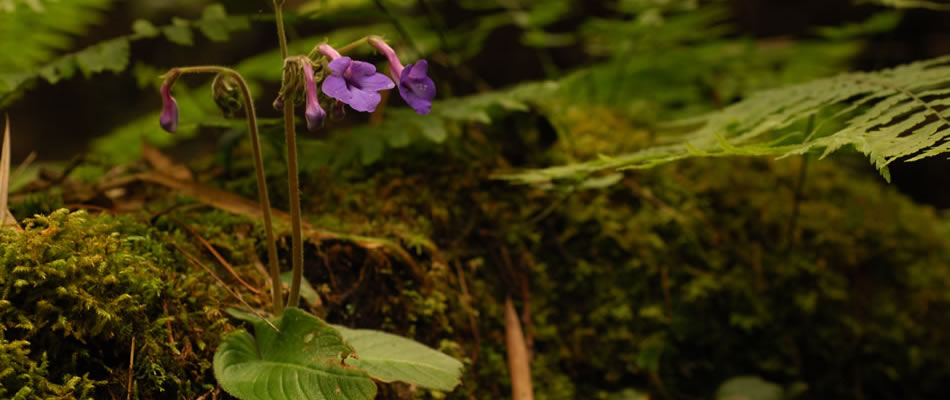Mufindi Forest Conservation Project
TFCG has succeeded in bringing back from the brink of disaster several of the forest islands within Mufindi’s forest archipelago. It is now one of the few places in Tanzania where communities have signed joint management agreements with the Government and is a model for other Districts.

Mufindi Forest
A forest archipelago under threatThe Mufindi landscape is one of the most fragmented landscapes in the Eastern Arc Mountains. An archipelago of forest islands is surrounded by a sea of tea and subsistence agriculture. Pressure on the remaining forests is extremely high. Until the mid-1990s many of these forests were being gradually cleared. Forests such as Lulanda and Lugoda-Lutali would probably have been largely cleared by now had it not been for TFCG’s intervention. Ground breaking agreements signed by the communities and local governmentIn 1993, TFCG began to work with the communities and the District Council to conserve the Lulanda and Lugoda-Lutali forests. The two forests are now actively managed by the surrounding communities and have management plans, by laws and clearly marked boundaries. Since Mufindi District Council signed the joint management agreements in January 2008, these two forests are now two of the very few forests in Tanzania for which communities have full legal rights to manage the forests jointly with government. |
With support from the Critical Ecosystem Partnership Fund between 2006 and 2008, TFCG have also helped three Mufindi forests to be protected as Village Forest Reserves.The forests of Mufindi contain many unique species (including a newly discovered primate species). Lulanda is home to a strictly endemic species of coffee, Coffea mufindiensis which has only been recorded from Lulanda.The focus for support in Mufindi has been on participatory forest management for 14 forest patches covering 700 ha and working with eight villages. The project has also been working with communities to increase household incomes through activities such as improved agriculture, fish farming, fuel efficient stoves and beekeeping.In addition TFCG has been reforesting two areas of land that act as corridors between forest fragments. Through enrichment planting and fire protection, the forest is returning. |
